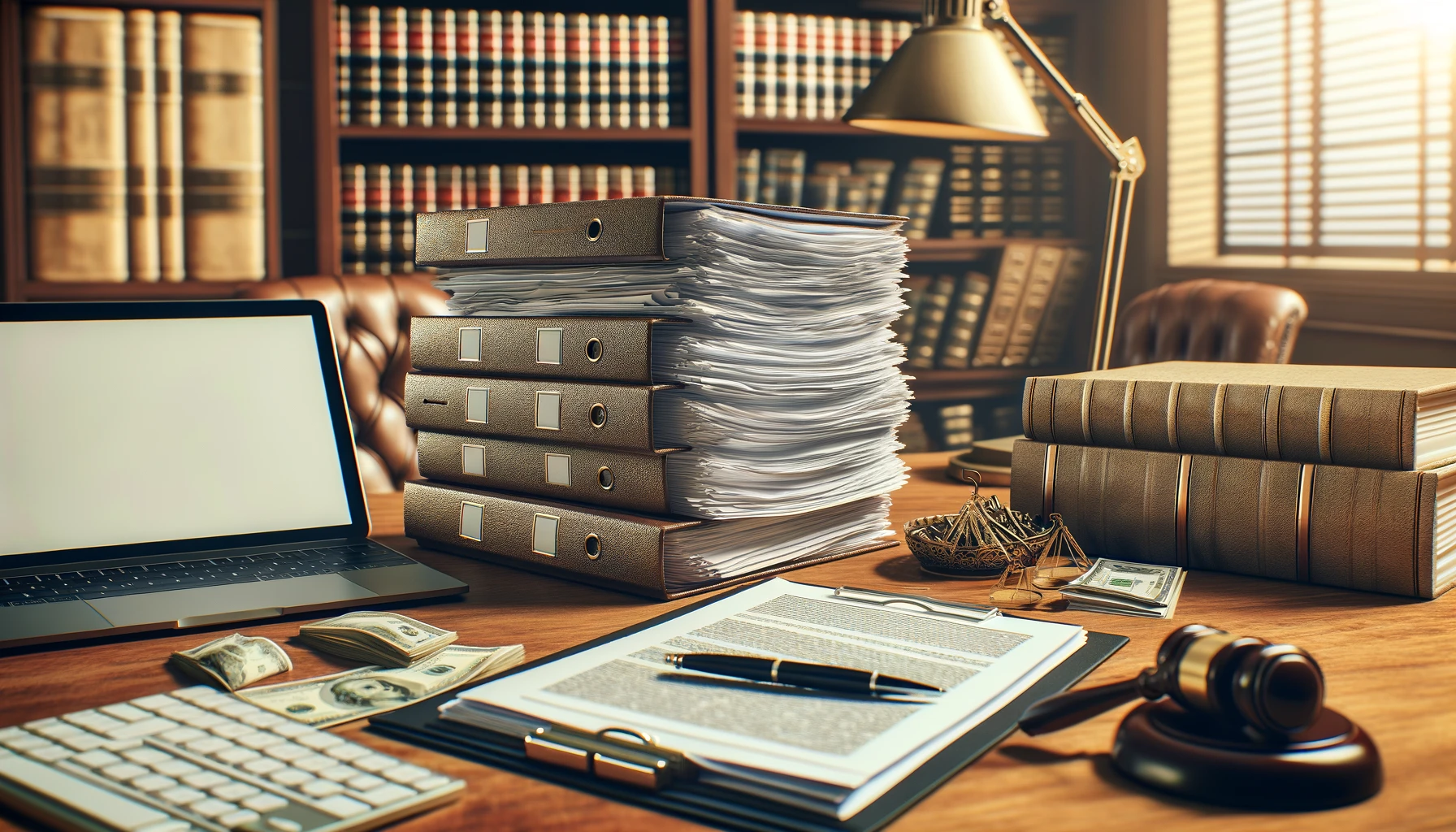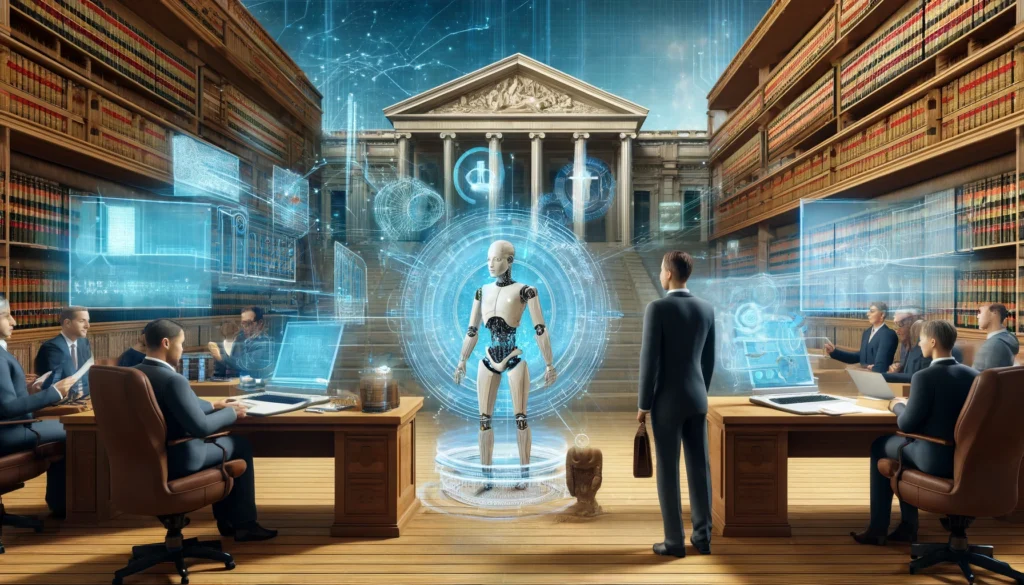
The meticulous examination of medical records is a cornerstone in personal injury cases, often dictating the direction and outcome of legal proceedings. The task, however, can be daunting due to the voluminous and complex nature of medical documentation. This is where the strategic use of ChatGPT and templated prompts come into play, revolutionizing the way legal professionals approach the summarization of medical records. This article delves into the application of language model-based prompting techniques to streamline legal workflows, specifically focusing on personal injury claims. By providing a selection of customizable prompt templates, we aim to simplify complex legal tasks, improve the precision of information extraction, and significantly enhance the efficiency and effectiveness of paralegals and other legal support staff.
Understanding the Challenge
The process of summarizing medical records in personal injury cases involves not just the extraction of factual data but also understanding the nuances that might impact the legal strategy. These documents contain a wealth of information, from diagnosis and treatment details to prognosis and the potential for future medical complications. The challenge lies in efficiently extracting relevant information without getting bogged down in medical jargon and redundant data.
The Role of ChatGPT in Legal Workflows
ChatGPT can assist in navigating the dense terrain of medical records by providing succinct summaries, identifying key medical facts, and even highlighting information that may warrant further investigation by legal professionals. The key to leveraging ChatGPT effectively lies in the art of crafting precise prompts—a skill that transforms vast, unstructured data into actionable legal insights.
Prompt Template 1: Basic Medical Record Summarization
Template:
Summarize the key medical information from the following records pertaining to [Client's Name] regarding their [specific injury or condition], focusing on diagnosis, treatment received, and prognosis.This template is designed for a straightforward summarization of medical records, helping paralegals quickly identify the most pertinent information for a case.
Prompt Template 2: Detailed Analysis for Specific Legal Questions
Template:
Analyze the attached medical records of [Client's Name] and identify any mentions of [specific aspect, e.g., pre-existing conditions, potential for recovery] that could impact a personal injury claim related to [nature of injury/accident].This prompt facilitates a deeper dive into medical records, focusing on elements that are directly relevant to the legal strategy of a personal injury claim.
Prompt Template 3: Comparison with Expert Testimonies
Template:
Compare the medical summary of [Client's Name] with the expert testimony provided by [Expert's Name]. Highlight any discrepancies or corroborations particularly in relation to [specific medical or legal issue].This template is invaluable for contrasting medical records with expert opinions, a critical aspect when building or defending against a personal injury claim.
Prompt Template 4: Identification of Potential Legal Issues
Template:
Review the medical records for [Client's Name] and list any issues that might complicate their personal injury claim, such as gaps in treatment, contradictory statements about the injury's severity, or evidence of non-compliance with medical advice.This prompt assists in preemptively identifying potential weak points in a case, allowing for a more robust legal strategy.
Also read:
Conclusion
The utilization of ChatGPT, coupled with well-crafted prompts, offers a significant advantage in the processing and analysis of medical records for personal injury claims. By adopting these templated prompts, paralegals can enhance their workflow, ensuring that no critical information is overlooked while also saving valuable time. These templates serve as a foundational toolkit that can be customized and expanded upon, depending on the unique requirements of each case. As legal professionals continue to embrace these advanced prompting techniques, the efficiency and effectiveness of legal support processes in personal injury cases are set to reach new heights, ultimately leading to more informed decisions and better outcomes for clients.


